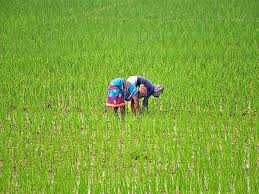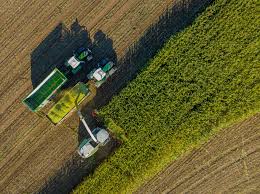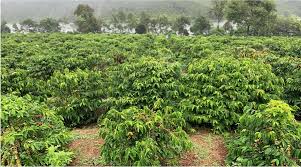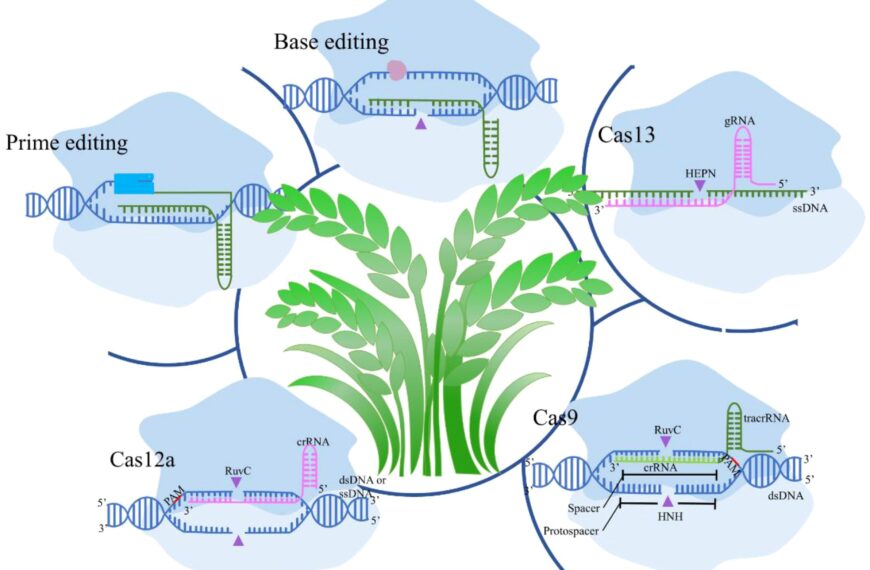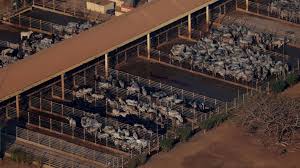
A recent study has demonstrated the potential of artificial intelligence (AI) and machine learning in transforming agriculture, with a crop recommendation system showing exceptionally high accuracy in advising farmers on the best crops to cultivate. The system uses advanced algorithms such as Random Forest and Support Vector Machines (SVMs) to analyze environmental and economic factors, helping optimize agricultural decisions.
According to the study, the Random Forest model achieved an accuracy of 99.96% using 10-fold cross-validation, highlighting its reliability in predicting optimal crop choices based on variables like soil type, climate conditions, rainfall patterns, and market demand. The SVM model also demonstrated strong performance, proving that machine learning can be a game-changer in precision agriculture.
Experts point out that such AI-powered systems can significantly enhance farm productivity, reduce losses, and increase profitability by guiding farmers on which crops are most suitable for their land and current environmental conditions. By integrating real-time data with predictive analytics, these models allow for smarter crop planning, improved resource management, and sustainable farming practices.
“This technology represents a major step forward for farmers, especially smallholders, by enabling data-driven decisions that were previously difficult to achieve,” said one of the study’s researchers. “By using AI to recommend crops tailored to specific conditions, we can increase yields, minimize risks, and optimize input use such as water and fertilizers.”
The study also emphasized the importance of combining environmental, economic, and historical data to enhance the accuracy of recommendations. Such systems could potentially revolutionize farming across India and other countries by reducing dependency on guesswork and traditional methods, making agriculture more efficient and resilient.
With the growing adoption of digital tools and AI in agriculture, initiatives like this crop recommendation system are expected to play a crucial role in boosting farmer incomes, promoting sustainability, and addressing challenges posed by climate change. The high accuracy demonstrated by the Random Forest model underscores the potential of machine learning in creating smarter, more profitable farming systems.


